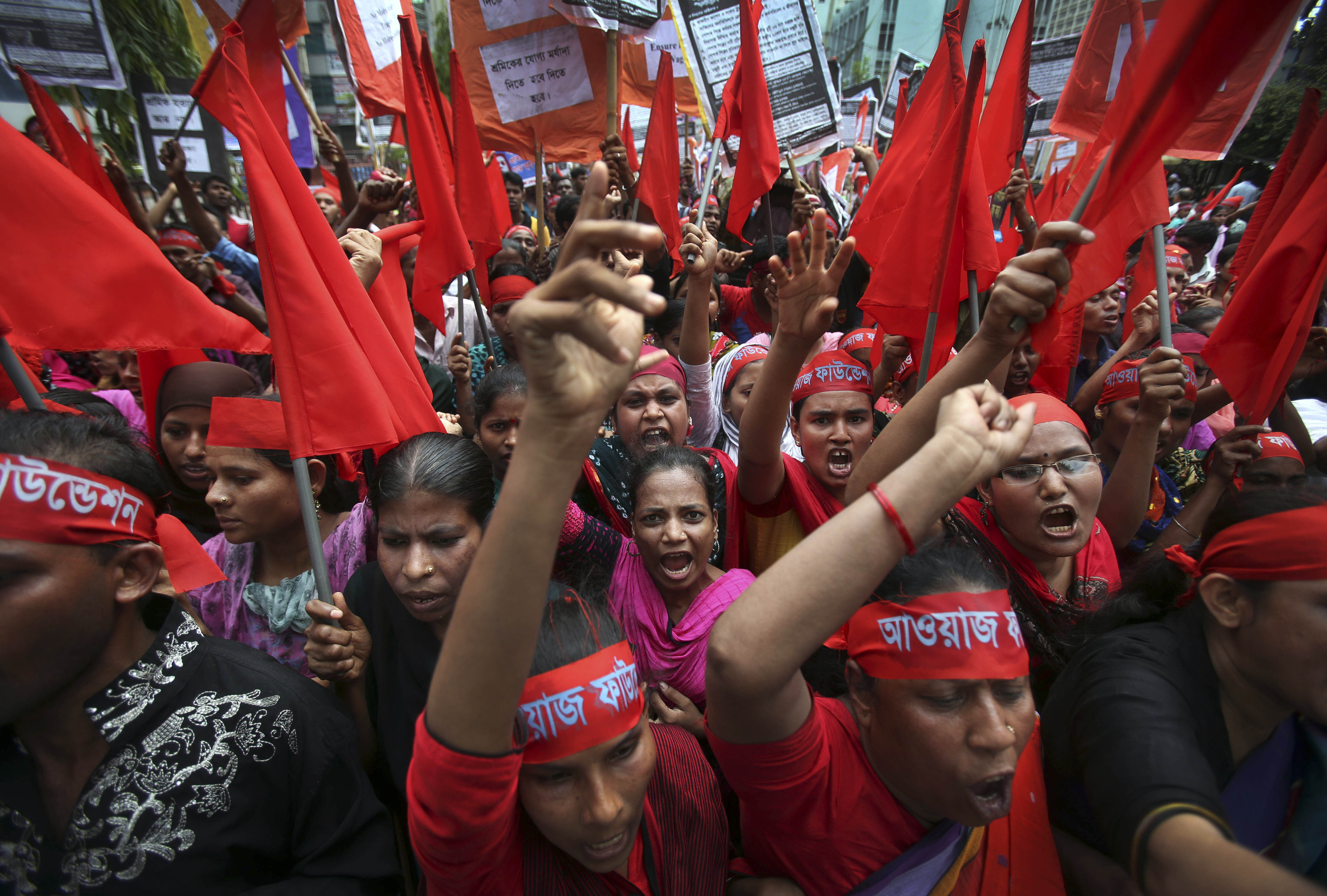It has been a month since a factory building on the outskirts of Dhaka collapsed, killing more than 1,100 textile workers. On April 24, representatives of some of the world's major clothing manufacturers and retailers met in Germany to talk about the tragedy, including H&M, Tesco and the parent companies of Zara and Calvin Klein. Five signed an agreement to enforce safety rules at factories they have contracts with. Benetton is likely to join but Walmart, the biggest single customer of Bangladesh factories, probably won't.
It remains to be seen if the agreement amounts to anything more than lip service, but it's likely it wouldn't have happened if the media didn't make public the names of the companies. During the long effort to find survivors in the rubble of the collapsed building, news outlets outlined the fundamental economic truth at the bottom of the tragedy — the developed world's demand for cheap apparel — and identified those companies that benefit from Bangladesh's low wages while discussing their complicity in the dangerous conditions that led to the collapse. Even business-positive media such as The Wall Street Journal published their names and explained their business dealings in Bangladesh.
In Japan the tragedy received press attention but local connections were made circumspectly. The frankest report was from Nihon Keizai Shimbun, which said that Japanese companies in Dhaka became targets of violent protests, with the embassy telling Japanese nationals to stay indoors. And while these companies weren't named, the article did say that Fast Retailing, which runs discount clothing giant Uniqlo, and textile manufacturer Toray are moving some of their operations to Bangladesh in the wake of rising wages in China. "Labor conditions and exploitation have been mentioned in the context of lower production costs," went the report in typically passive fashion. "Japanese companies must find out how their products are made."


















With your current subscription plan you can comment on stories. However, before writing your first comment, please create a display name in the Profile section of your subscriber account page.